Home>Storage Ideas>Kitchen Storage>6 Items Not To Store In Kitchen Cabinets, According To Home Organizers
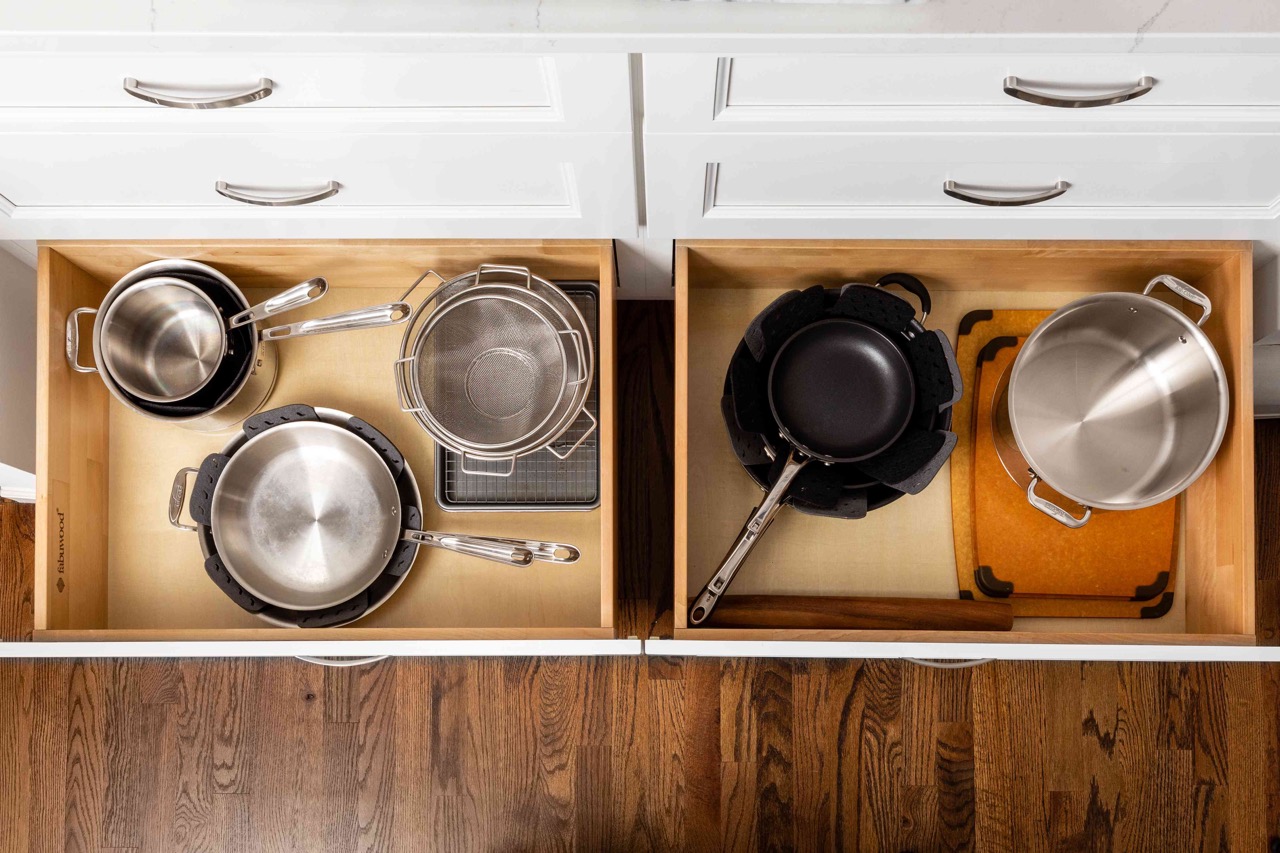

Kitchen Storage
6 Items Not To Store In Kitchen Cabinets, According To Home Organizers
Modified: January 6, 2024
Discover 6 items you should never store in your kitchen cabinets. Get expert advice from home organizers on proper kitchen storage ideas.
(Many of the links in this article redirect to a specific reviewed product. Your purchase of these products through affiliate links helps to generate commission for Storables.com, at no extra cost. Learn more)
Introduction
When it comes to kitchen storage, maximizing space and keeping things organized is essential. From pantry shelves to kitchen cabinets, every square inch counts. However, not every item is suitable for storing in kitchen cabinets. Home organizers and experts advise against storing certain items in these spaces for various reasons, including safety, preservation, and convenience.
In this article, we will explore six items that you should avoid storing in your kitchen cabinets according to home organizers. By following these recommendations, you can create a more efficient and functional kitchen storage system that enhances both the aesthetics and functionality of your space.
Key Takeaways:
- Keep paint, chemicals, and pet food out of kitchen cabinets to maintain safety and hygiene. Utilize dedicated storage areas to prevent cross-contamination and preserve the freshness of food items.
- Optimize kitchen cabinet space by moving canned goods, small appliances, spices, and cleaning supplies to designated areas. Enhance organization, accessibility, and functionality for a more efficient kitchen storage system.
Read more: Where To Put Items In A Pantry Cabinet
Paint and Chemicals
One common mistake many homeowners make is storing paint cans and household chemicals in their kitchen cabinets. While it may seem convenient to keep them close at hand, it can pose serious safety risks. Paint cans, for example, can leak or spill, leading to stains on your cabinets or even potential damage to your food items. Additionally, the fumes from certain chemicals can be harmful, especially in an enclosed space like a kitchen.
Instead, it is recommended to store paint cans and household chemicals in a dedicated storage area, such as a garage or utility room. Ensure that they are tightly sealed and kept in a secure place out of reach of children and pets. This not only prevents accidents but also keeps your kitchen cabinets free from contamination.
Alternatively, if you have limited storage space in other areas of your home, you can consider investing in a lockable cabinet specifically designed for storing chemicals. These cabinets are designed to withstand any potential leaks or spills, providing an extra layer of protection for your household and kitchen.
By storing paint and chemicals in the appropriate location, you can maintain a safer and more organized kitchen environment, free from potential hazards and accidents.
Canned Goods
While it may be tempting to store your canned goods in kitchen cabinets for easy access, it’s not the most efficient use of space. Canned goods can take up a lot of valuable real estate in your cabinets, especially if you have a large collection. Not only does this limit the amount of space available for other kitchen essentials, but it can also lead to disorganization and difficulty in finding what you need.
Instead, consider utilizing a dedicated pantry or storage area specifically for canned goods. This allows for better organization and easy visibility of your collection. You can install shelves or use stackable storage solutions to maximize vertical space and keep your pantry tidy. Additionally, labeling the cans can make it even easier to find what you’re looking for without having to dig through a cluttered cabinet.
By moving your canned goods out of the kitchen cabinets, you free up valuable space for items that are better suited for cabinet storage, such as pots, pans, and cookware. This not only increases the functionality of your kitchen but also allows for a more aesthetic and visually appealing space.
Furthermore, storing canned goods in a designated pantry area can help prevent expiration and food waste. By keeping your collection organized and easily accessible, you can better track the expiration dates and ensure that you use the oldest items first, minimizing the likelihood of food going to waste.
Remember, a well-organized pantry dedicated to storing canned goods can streamline your cooking process and make meal preparation a breeze, while also making the most of your kitchen cabinet space.
Small Appliances
Small kitchen appliances such as blenders, toasters, and coffee makers are convenient tools that can simplify meal preparation and enhance your culinary experience. However, storing them in your kitchen cabinets may not be the most practical solution.
One of the main reasons to avoid storing small appliances in your cabinets is the limited space they take up. Cabinets are better suited for storing items that need to be easily accessible on a daily basis, such as dishes, glasses, and cookware. Placing small appliances in the cabinets can leave you with less space for these essential items and lead to a cluttered and disorganized cabinet.
Instead, consider designating a specific countertop or shelf area for your small appliances. This keeps them easily accessible and ready for use whenever needed. It also eliminates the hassle of having to dig through cabinets to find the appliance you need. Plus, showcasing your stylish or unique small appliances can add a touch of personality and decor to your kitchen.
If countertop space is limited, you can explore alternative storage solutions such as installing shelves or utilizing a kitchen cart with built-in storage. These options provide dedicated space for your small appliances while keeping your kitchen cabinets free for other essential items. Additionally, using appliance covers or storing them in their original boxes can help protect them from dust and maintain their condition.
By keeping your small appliances in a separate, easily accessible area, you can maximize your kitchen cabinet space and create a more organized and functional kitchen environment.
1. Avoid storing cleaning supplies, such as bleach and ammonia, in kitchen cabinets to prevent accidental mixing and exposure to food items.
Spices and Herbs
Spices and herbs are essential ingredients in any kitchen, adding flavor and complexity to dishes. However, storing them in kitchen cabinets may not be the most ideal solution. Exposure to light, heat, and moisture can degrade the quality of your spices and herbs, leading to a loss of flavor and potency.
Instead of storing spices and herbs in cabinets, it is recommended to keep them in a cool, dry place away from direct sunlight. A spice rack or drawer near your cooking area can provide easy access while ensuring they are protected from heat and light exposure. Alternatively, you may opt for storing them in airtight containers or glass jars in a pantry or cupboard dedicated to spices and herbs.
Proper organization is key when it comes to storing spices and herbs. Labeling your containers or jars and arranging them in alphabetical order or by category can make it easier to find what you need. Additionally, regularly checking the expiration dates and replacing old spices and herbs ensures that you are using the freshest ingredients in your cooking.
Investing in a spice rack or drawer organizer can help maximize space and keep your collection tidy. These organizers often come in various sizes and designs, allowing you to choose one that fits your kitchen’s aesthetics and available space. You can even consider utilizing vertical space by installing a spice rack on the inside of a pantry door or cabinet.
By storing your spices and herbs in a location that preserves their freshness and flavor, you can elevate your culinary creations and ensure that your kitchen cabinets are better utilized for other essential items.
Cleaning Supplies
While it may seem convenient to store cleaning supplies in your kitchen cabinets, it is not the best practice for several reasons. First and foremost, storing cleaning supplies in the same area where you prepare and store food can present a potential risk of cross-contamination. Chemicals from the cleaning products can contaminate your food and kitchenware, posing health hazards.
Instead, designate a separate storage area for your cleaning supplies, such as a utility or laundry room. This not only eliminates the risk of cross-contamination but also ensures that you have easy access to these items when needed.
When organizing your cleaning supplies, consider using bins or caddies to keep them neatly organized and easily transportable. This way, you can efficiently carry them to different areas of your home without the need to rummage through cabinets to find what you need. Labeling the bins or caddies can further streamline the process and make it easier to locate specific cleaning products.
Additionally, it is important to store cleaning supplies away from children and pets. This means opting for lockable cabinets or storing them on high shelves to prevent accidental ingestion or exposure.
By keeping your cleaning supplies separate from your kitchen cabinets, you not only maintain a cleaner and safer kitchen environment but also free up valuable cabinet space for storing items that are more suited for the kitchen. This way, you can create a more organized and efficient space that enhances both functionality and aesthetics.
Pet Food
Many pet owners make the mistake of storing pet food in their kitchen cabinets for convenience. However, keeping pet food in these spaces can lead to a variety of issues. Firstly, pet food often emits strong odors that can permeate your kitchen and affect the freshness of other food items stored in the cabinets. Additionally, storing pet food in the same cabinets as your own food can increase the risk of cross-contamination and the spread of bacteria.
Instead, it is advisable to designate a separate area specifically for storing pet food. A pantry, laundry room, or utility area can be a suitable location as long as it is cool, dry, and away from direct sunlight. This ensures that the pet food remains fresh and free from pests.
Investing in sealed containers designed for storing pet food is essential. These containers help maintain the freshness and quality of the food, while also preventing the intrusion of insects and rodents. Be sure to label the containers with the type of pet food and the expiration date for easy identification and rotation.
Furthermore, keeping pet food in a designated area facilitates proper portion control and prevents overfeeding. It also allows you to keep track of the quantity and expiration dates, ensuring that your furry friend is consuming fresh and healthy food.
By storing pet food separately from your kitchen cabinets, you maintain a hygienic and odor-free kitchen environment while also optimizing the space in your cabinets for items more suited for kitchen storage.
Remember, the well-being of your pets is just as important as maintaining an organized and functional kitchen, so be sure to store their food in a safe and appropriate location.
Frequently Asked Questions about 6 Items Not To Store In Kitchen Cabinets, According To Home Organizers
Was this page helpful?
At Storables.com, we guarantee accurate and reliable information. Our content, validated by Expert Board Contributors, is crafted following stringent Editorial Policies. We're committed to providing you with well-researched, expert-backed insights for all your informational needs.
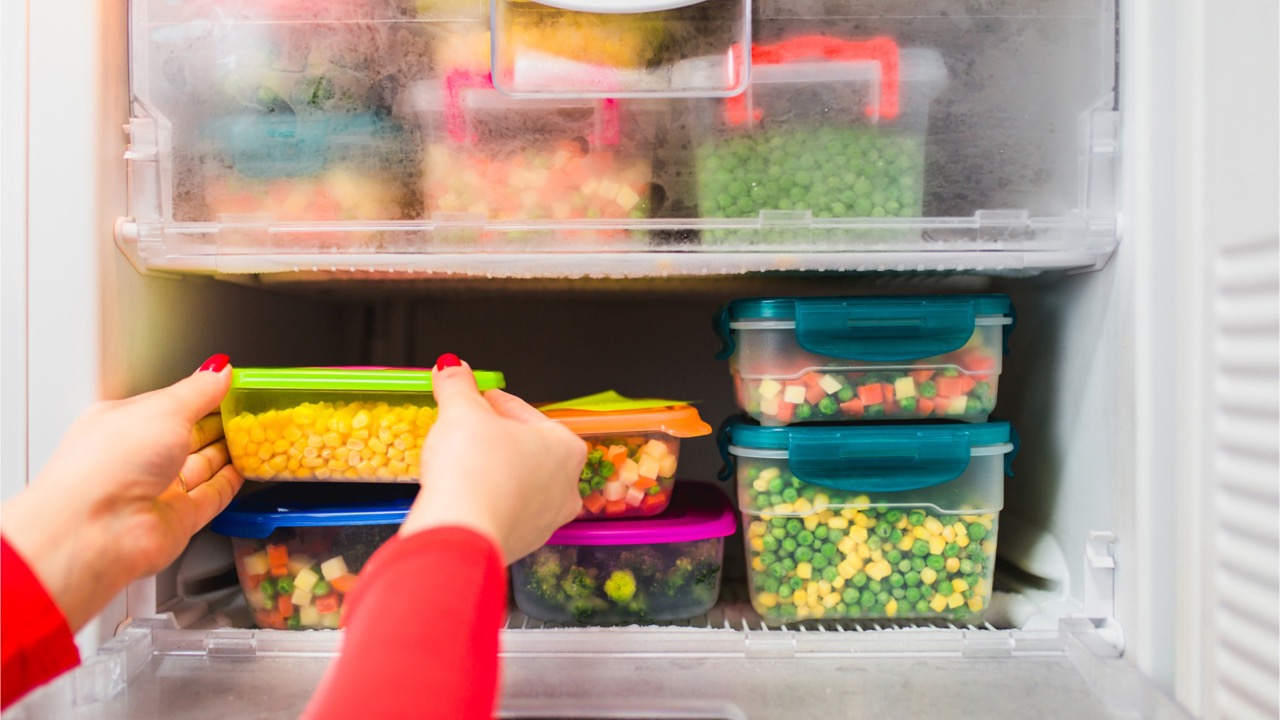
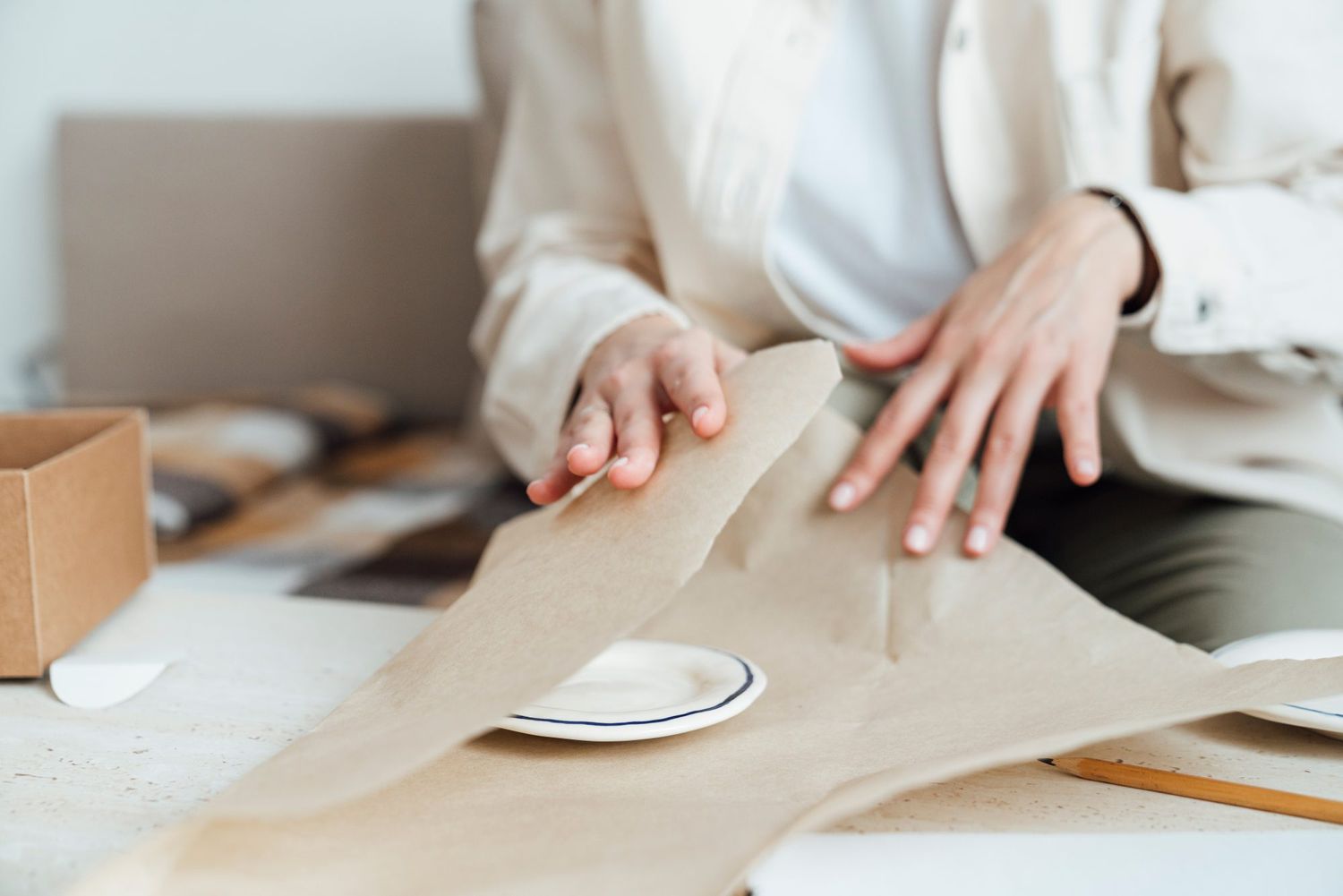
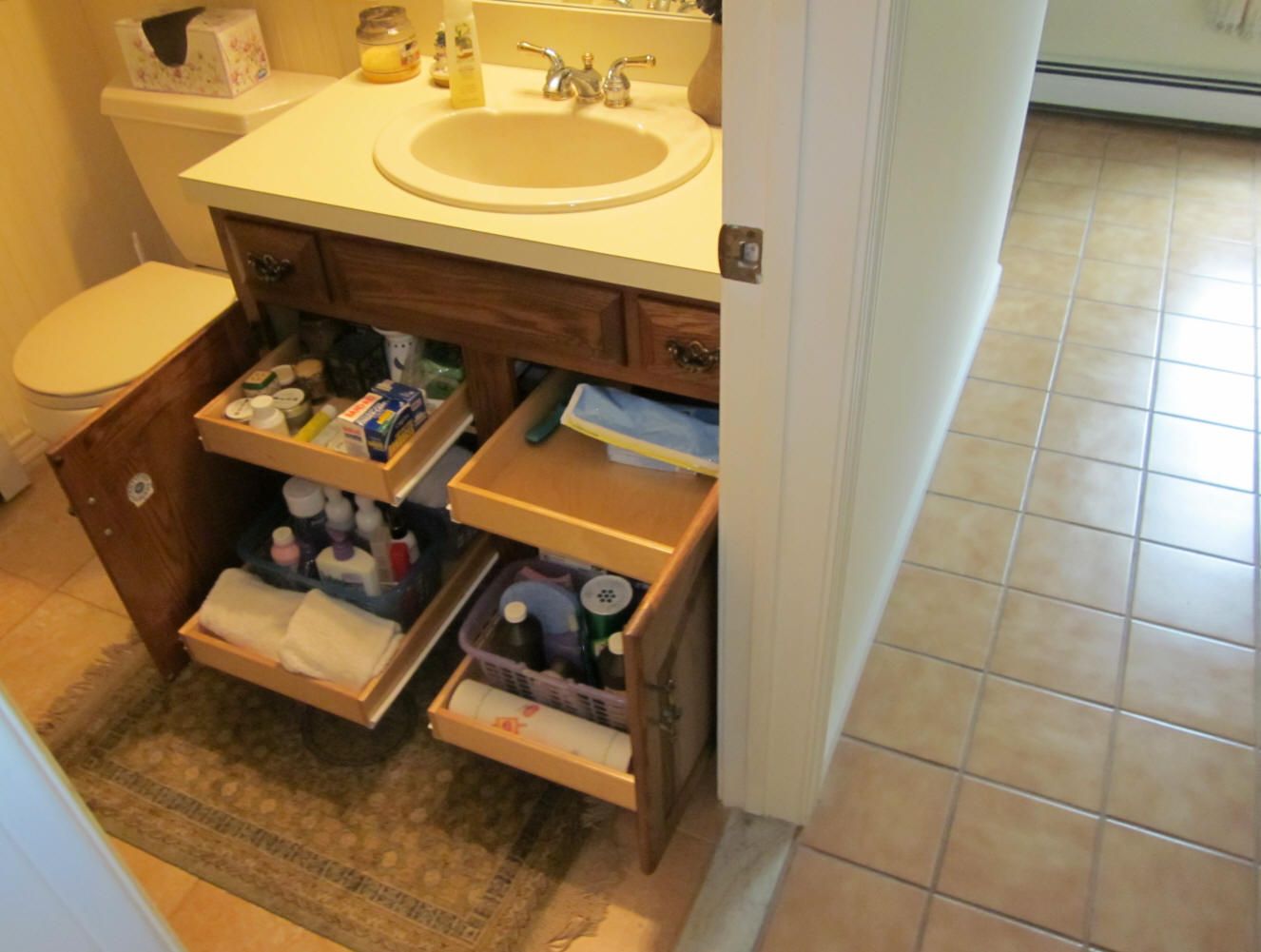
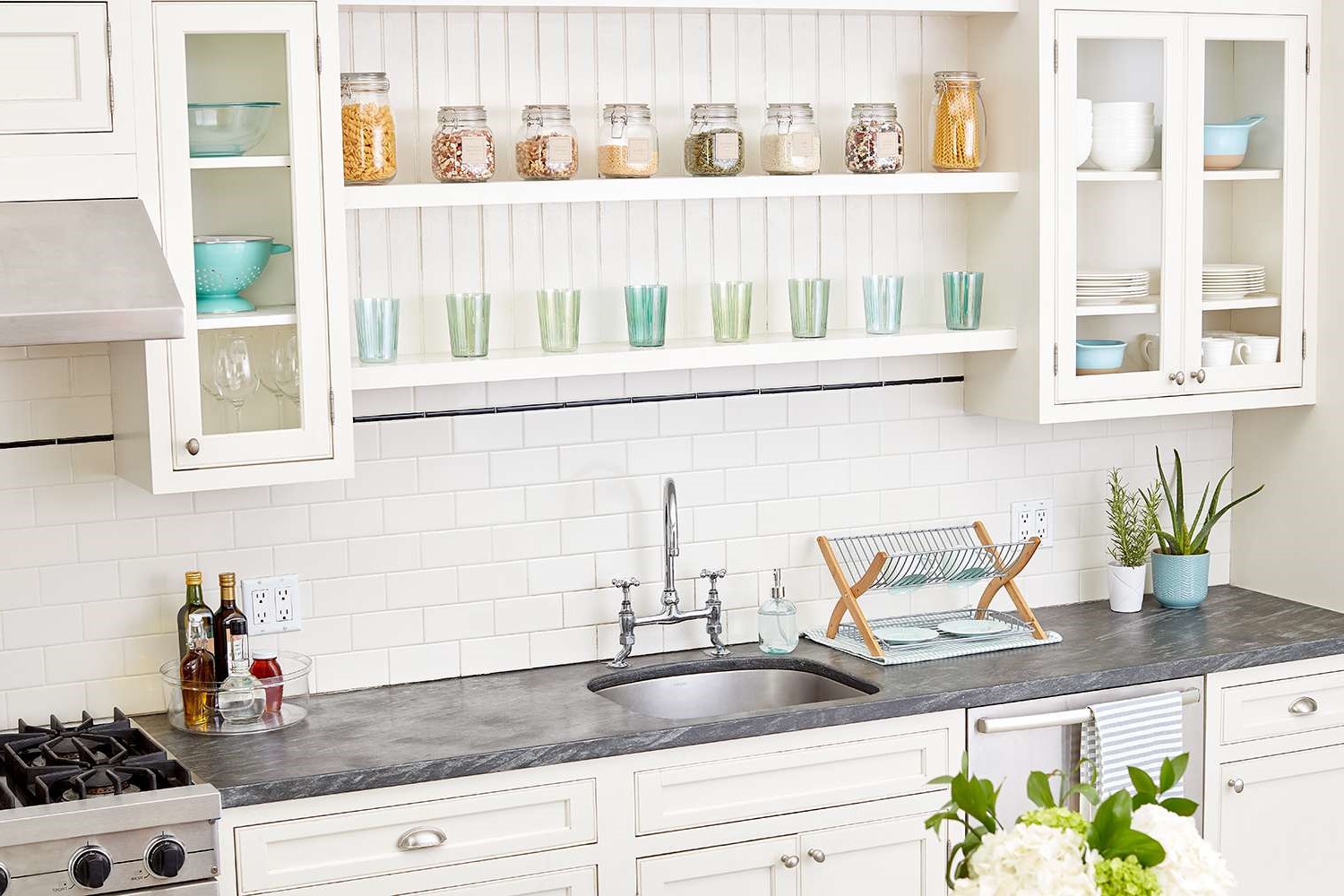
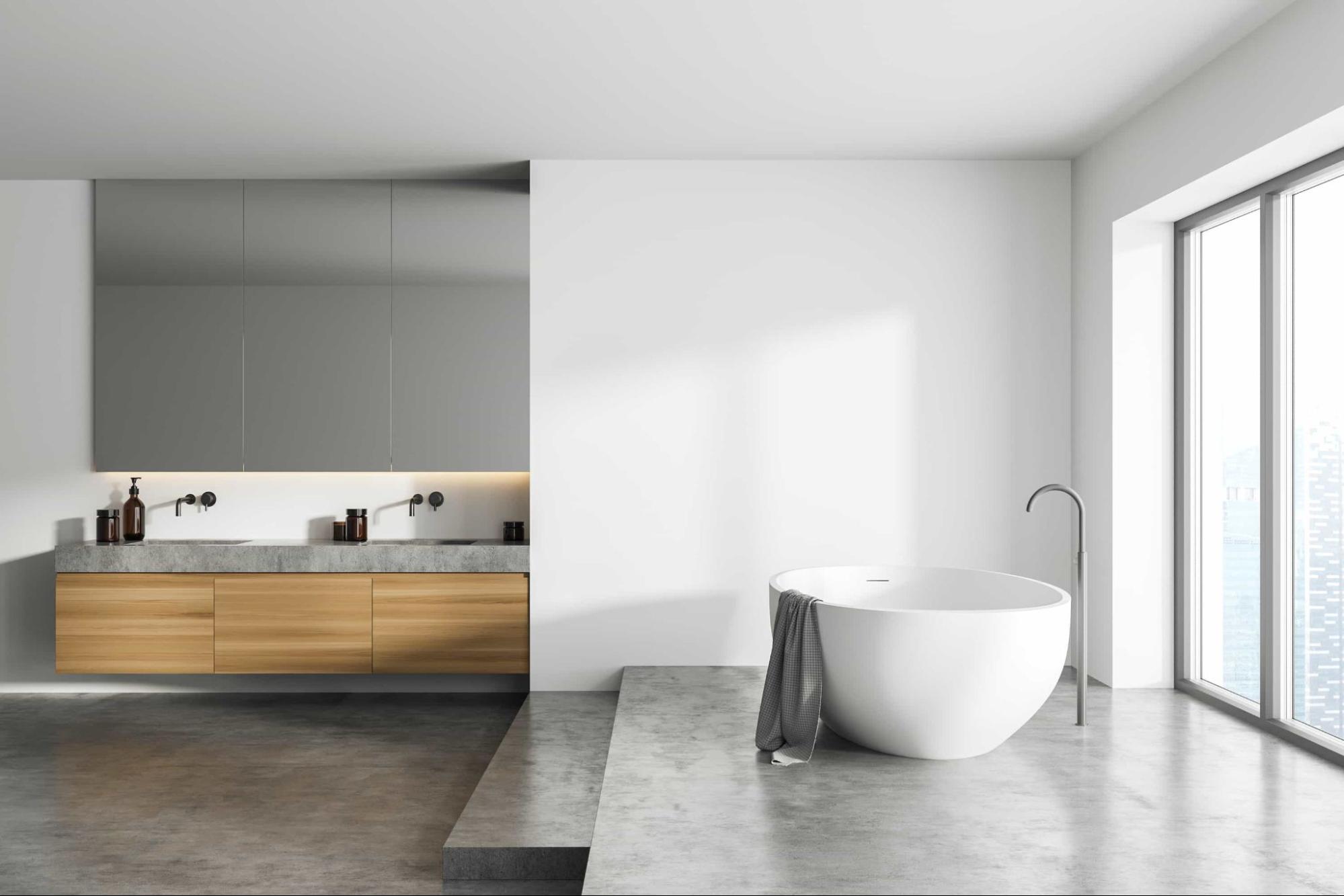

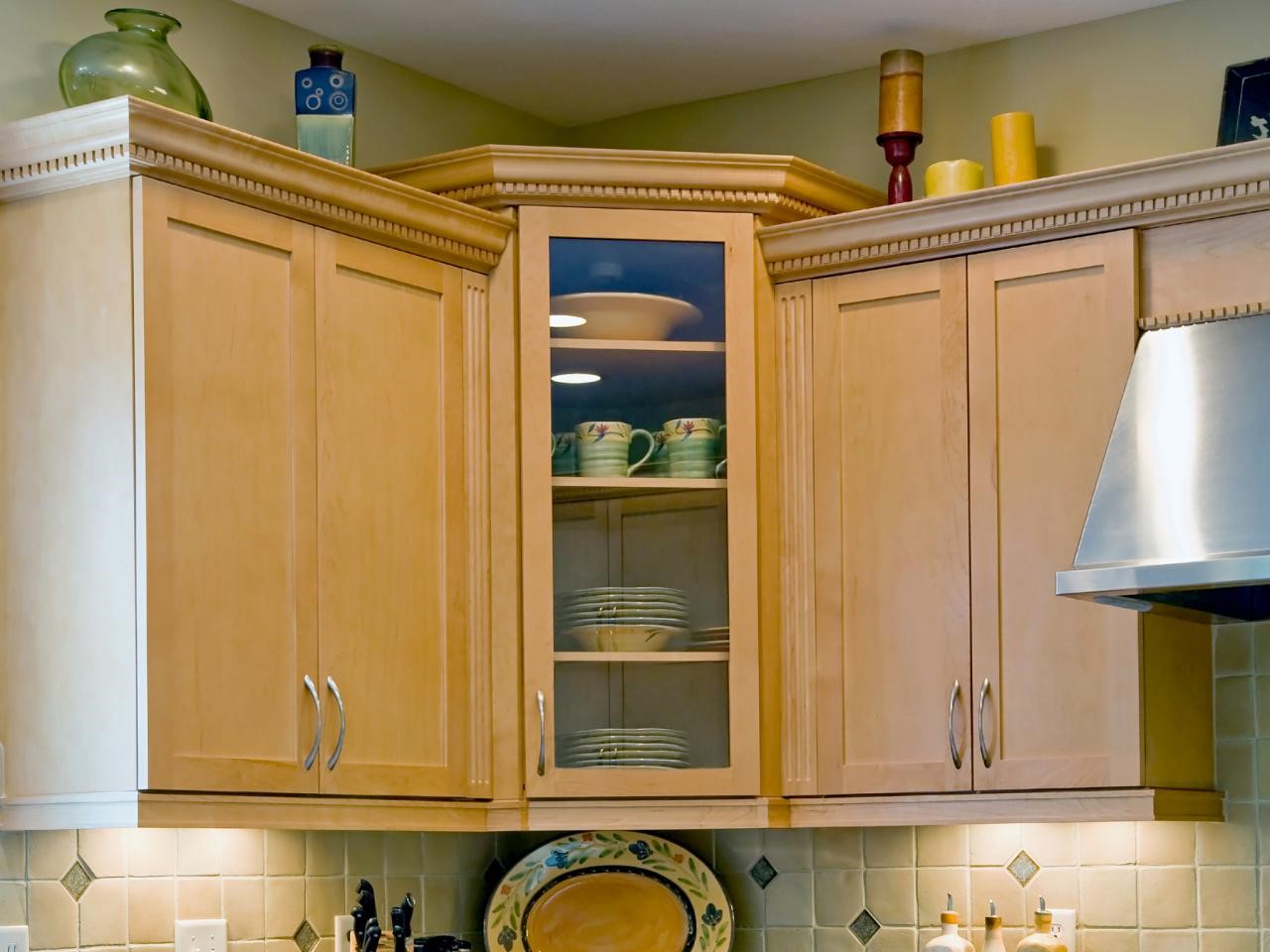
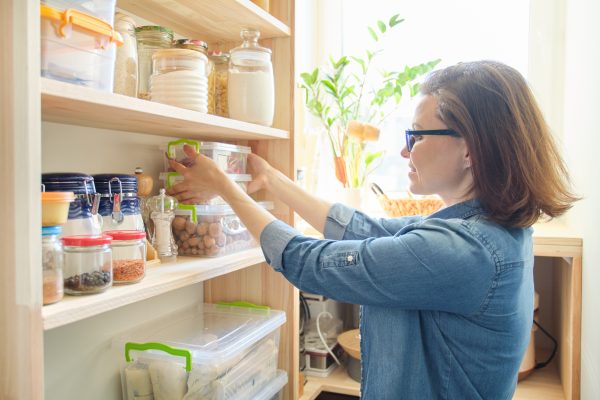
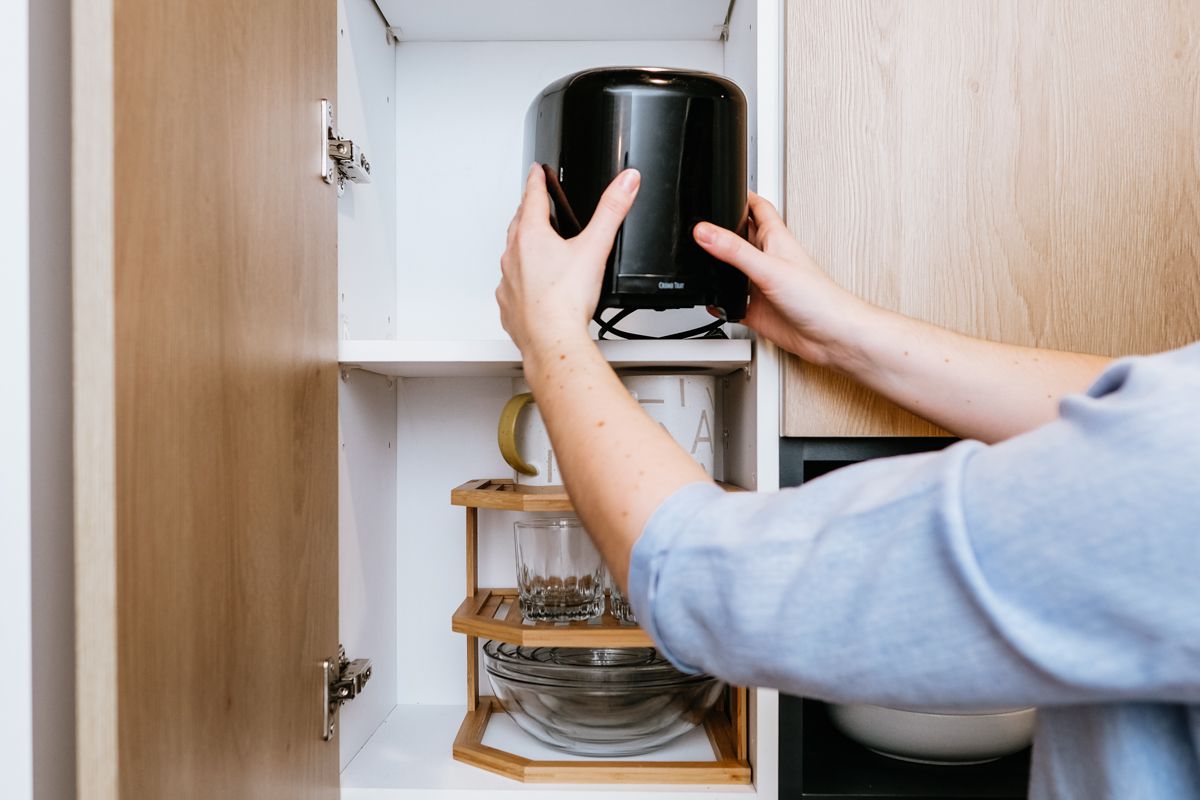
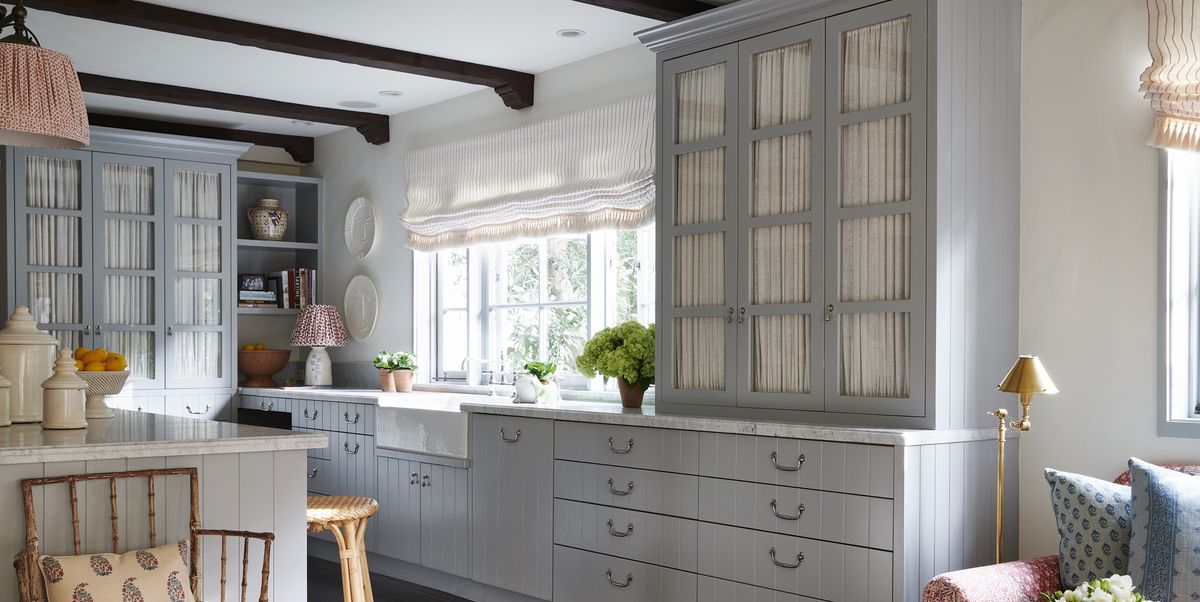
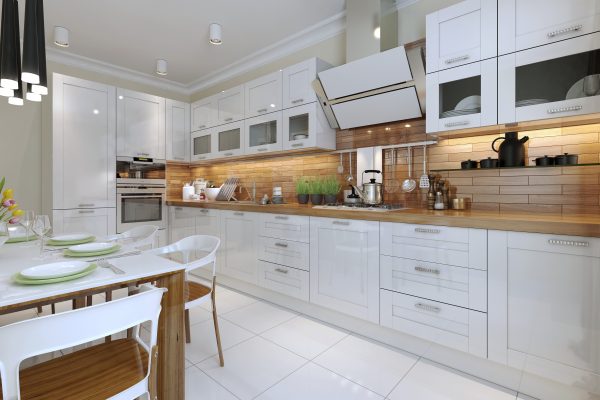
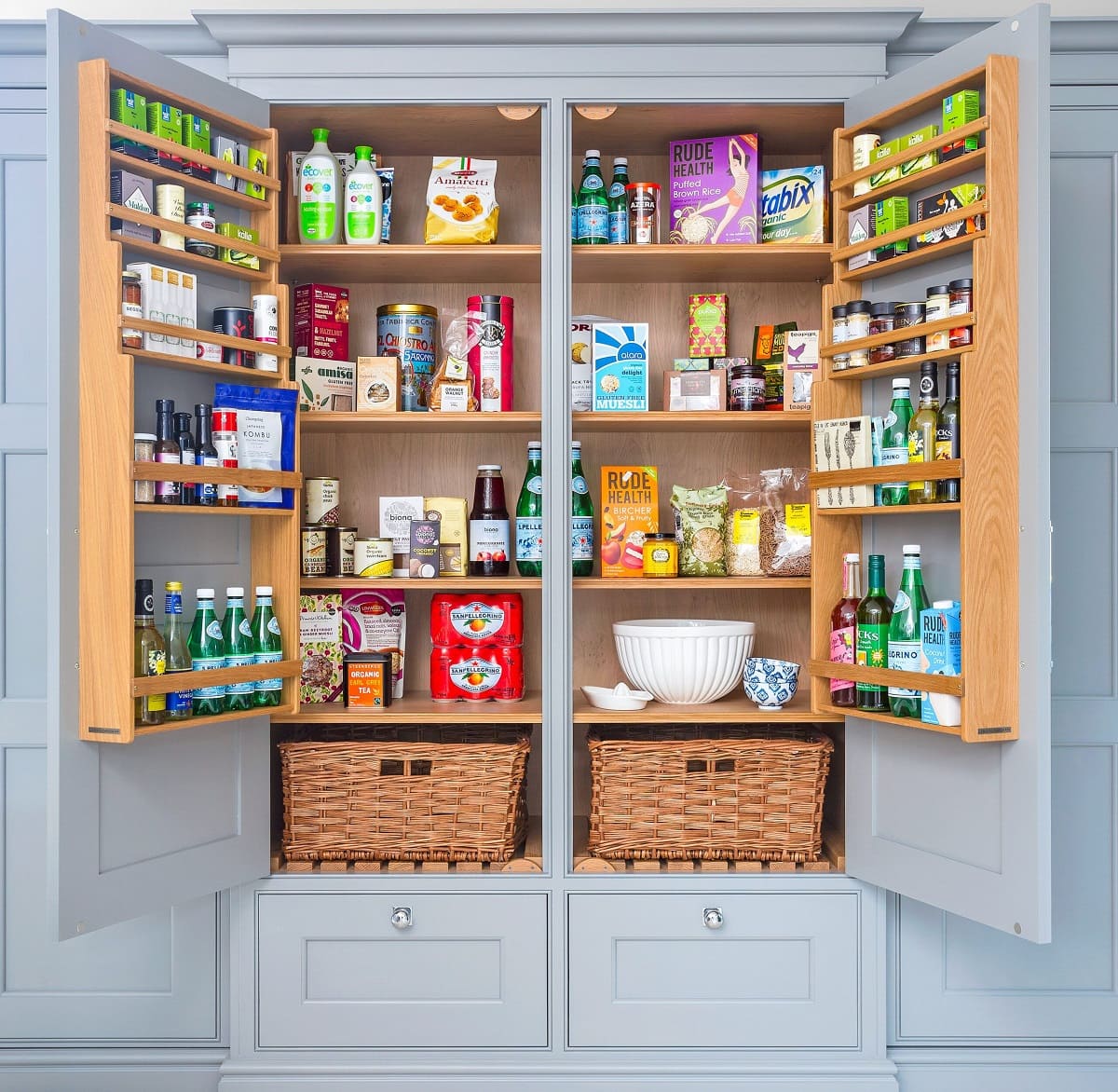
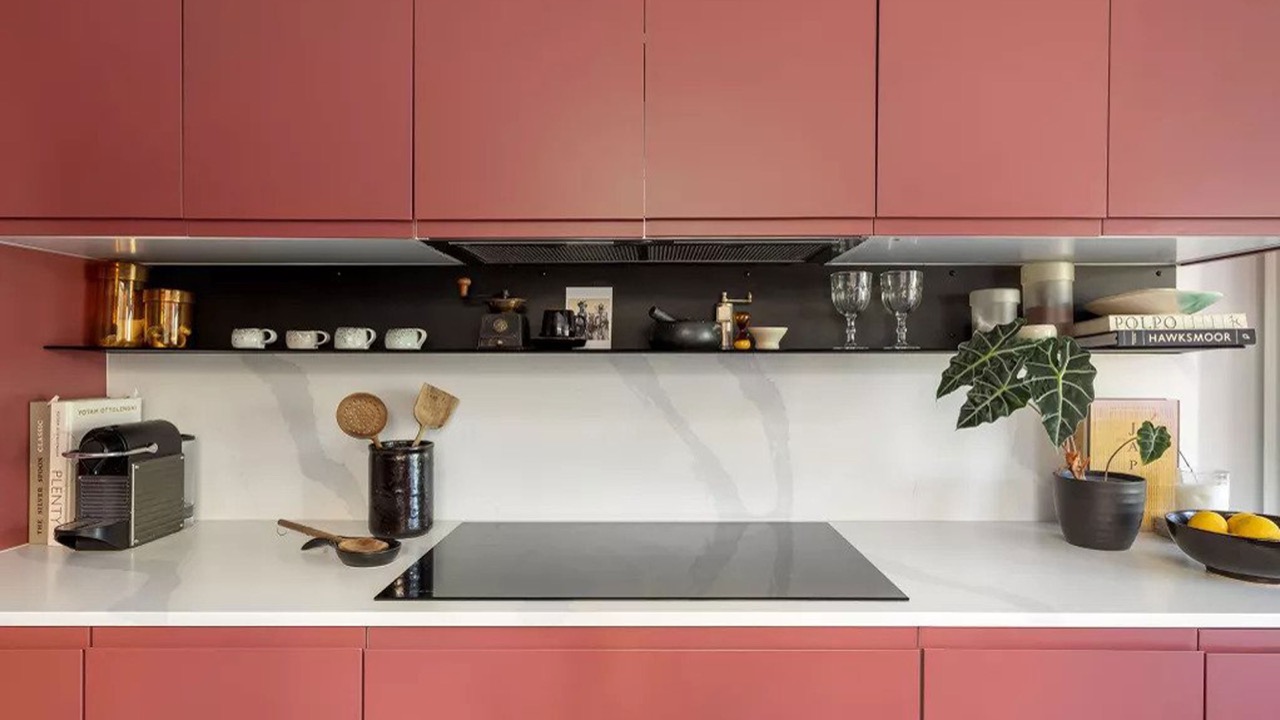
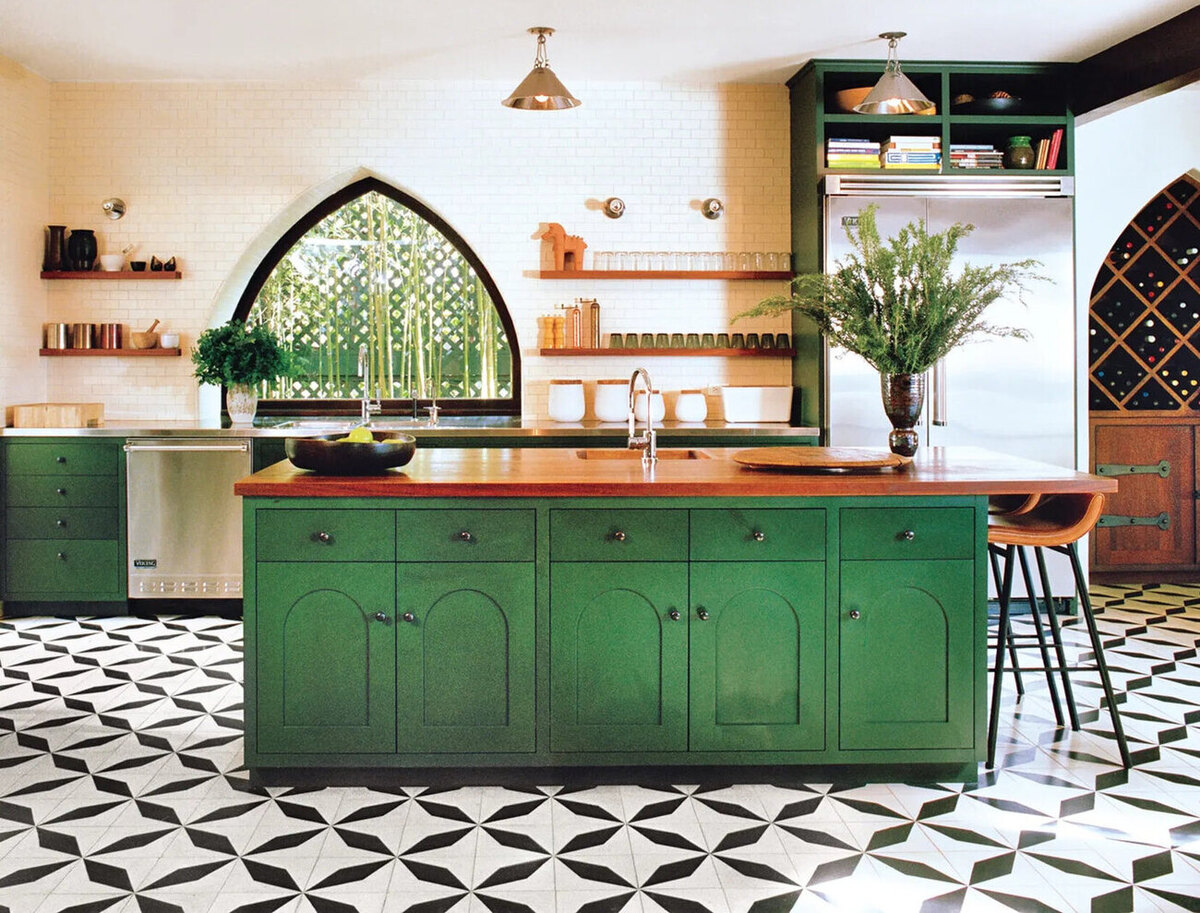

0 thoughts on “6 Items Not To Store In Kitchen Cabinets, According To Home Organizers”